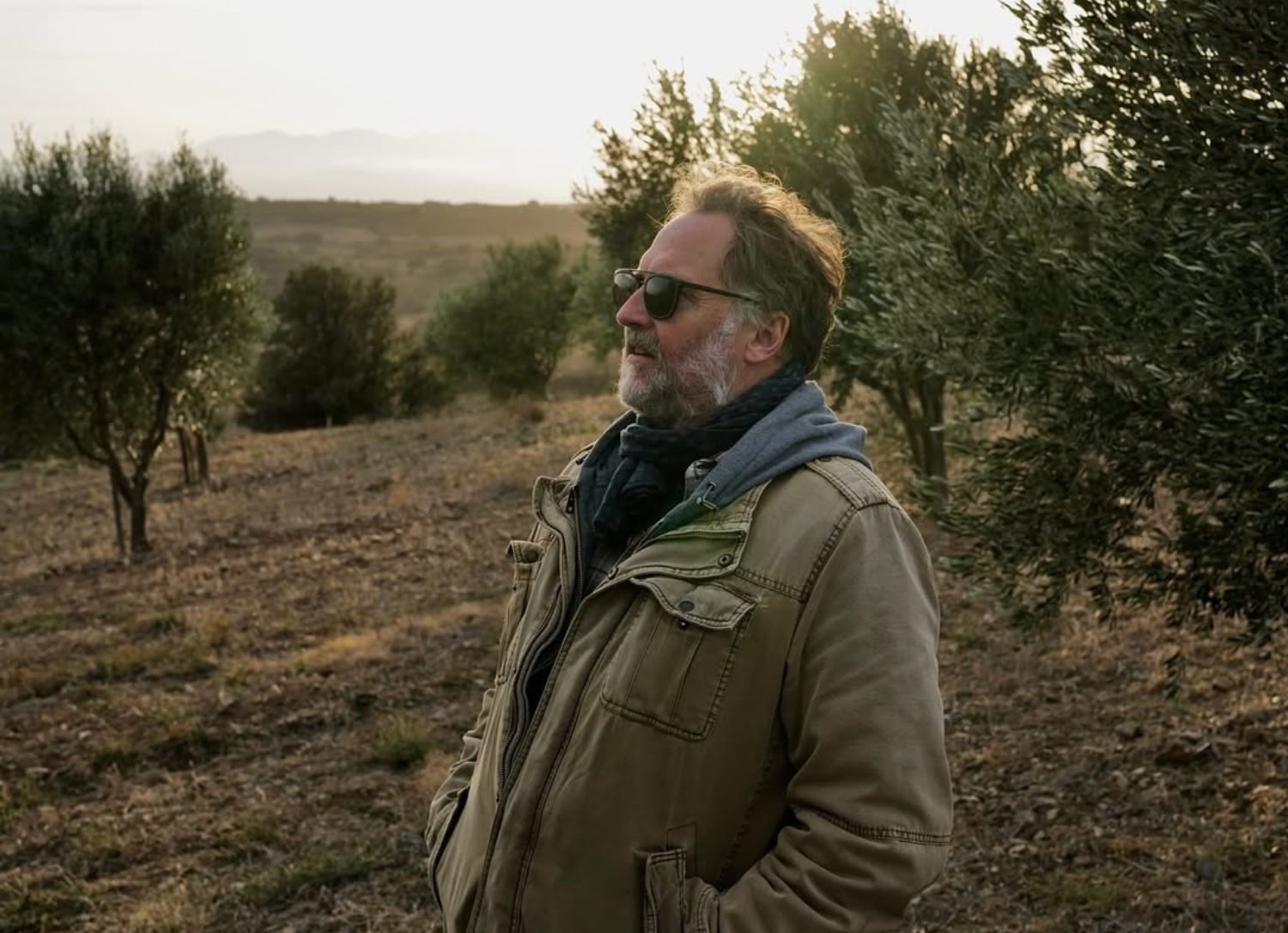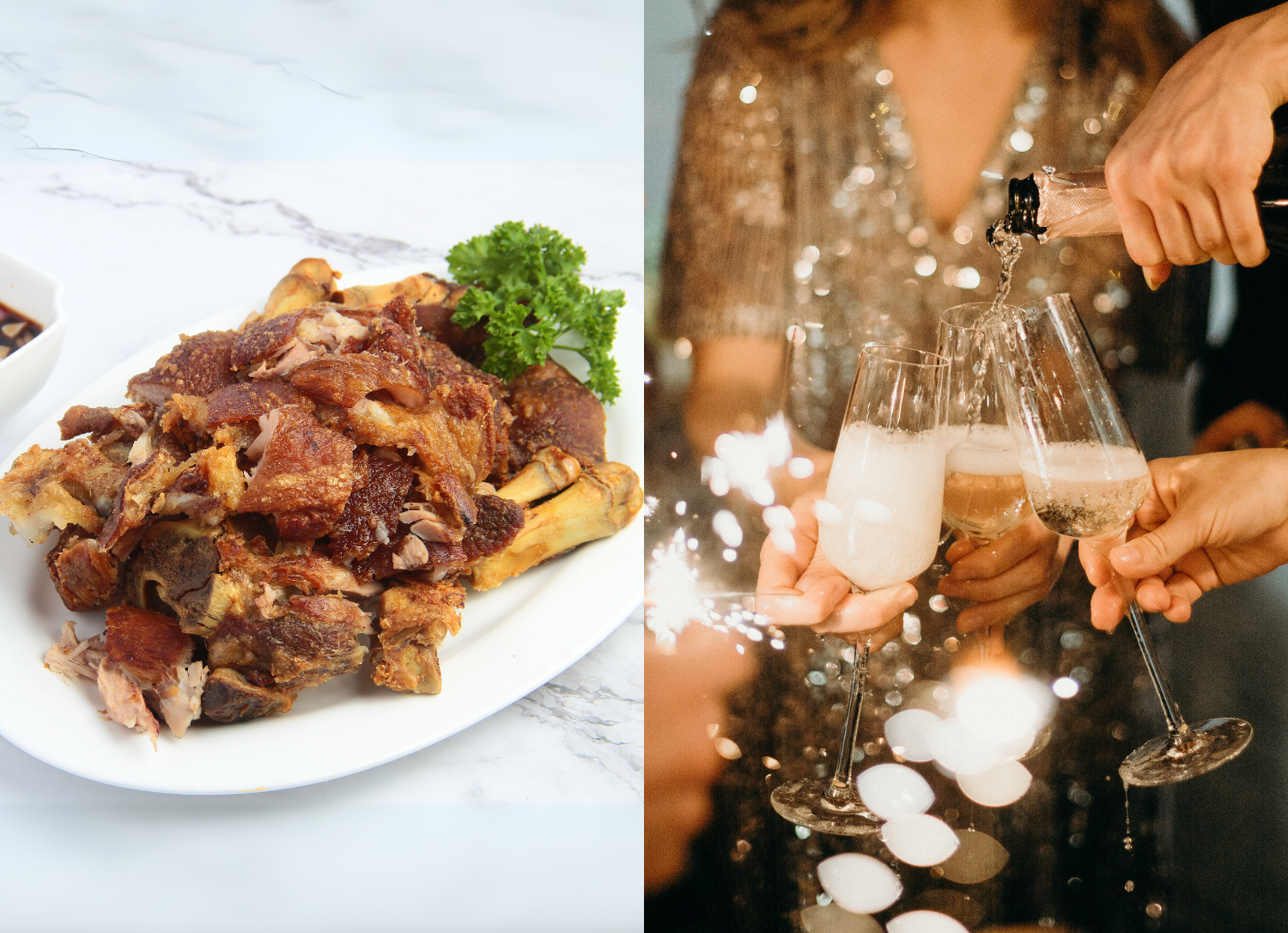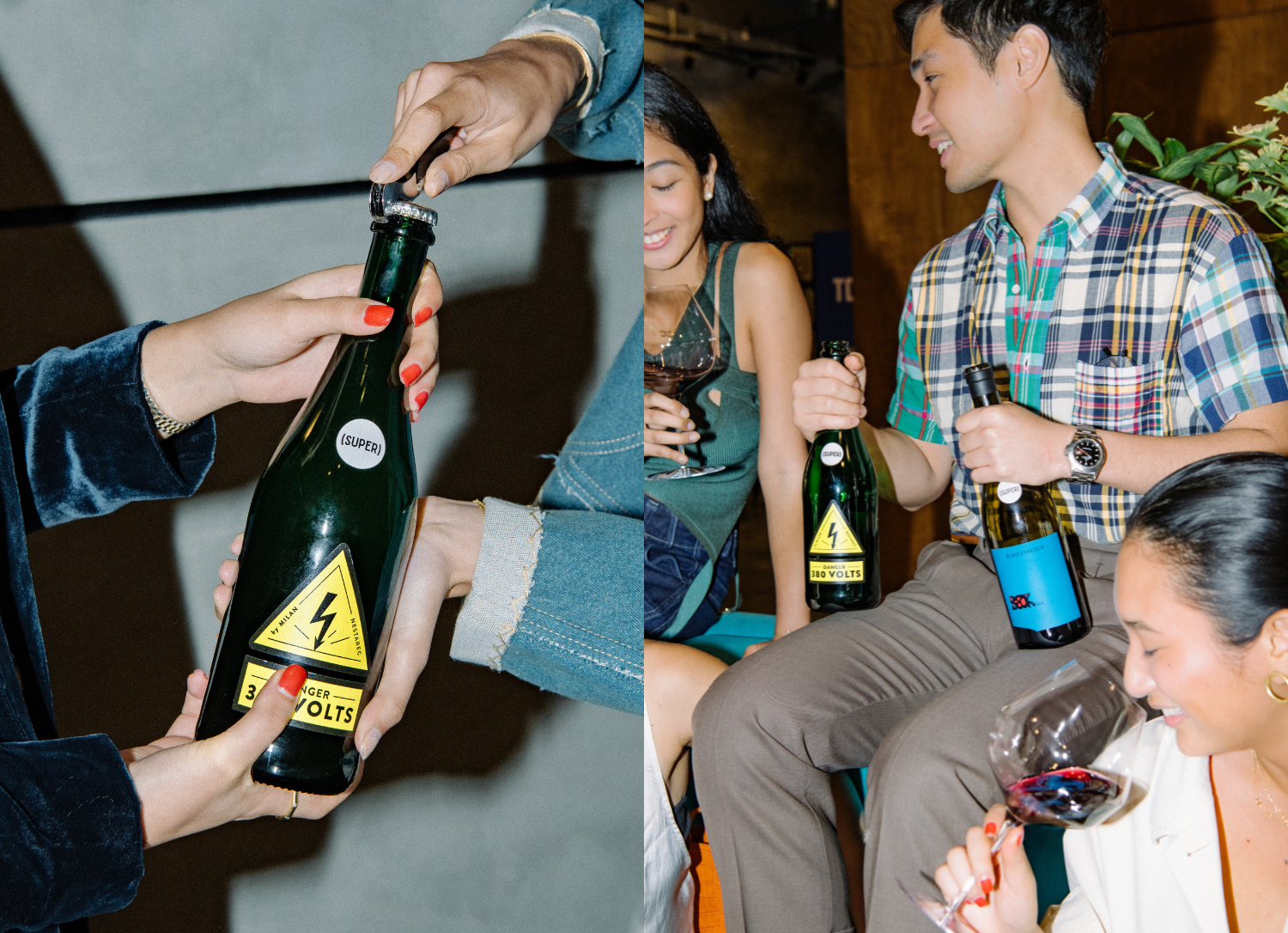There are few names in the natural wine world as in-demand or as deeply influential as that of Domaine Matassa in the sunny Languedoc-Rousillon region of France—and with a lineup of wines rated in the top 5% in the world according to Vivino (with quite a few of them in the Top 1-3%), it’s no wonder.
Founded by South African-New Zealander Tom Lubbe and Nathalie Gauby (daughter of highly-esteemed winemaker Gerard Gauby), Domaine Matassa has built a reputation for the natural wines with incredible drinkability and high-quality expressions of grapes indigenous to the region—all of them with a unique energy created by the distinctively meticulous (and unorthodox) care the vineyards and soil is given.
Though only founded in 2003, Tom Lubbe stands as a true maverick and an icon, steering Matassa towards natural wine long before it was in vogue. And with its approachability and quality, Domaine Matassa has made the case for biodynamic natural wines not just to its legion of fans, but also with new winemakers. Many rising stars in the natural wine scene, including Jurgen Gouws of Intellego Wines and Craig Hawkins of Testalonga, credit much of what they know to Tom Lubbe.
As the years pass, Domaine Matassa’s influence grows—learn more about their dynamic rise and their unique wines here before you shop Domaine Matassa wines in Metro Manila!

How Tom Lubbe’s Domaine Matassa became one of the most in-demand natural wineries in Europe
Growing up shuttling between New Zealand and South Africa, Tom Lubbe first got into wine while he was working at a wine shop in Auckland. When he returned to South Africa in search of good wine, he found a lot of the same swimming through a sea of high alcohol, heavy additive, jammy bad wines—until he encountered a winery named Welgemeend by Louise Hofmeyer, the only South African winery at the time championing indigenous yeasts and lower yields in the heyday of the 90s.
Without any training whatsoever, Lubbe decided to become a winemaker, coming to work for Hofmeyer and making a few barrels himself in his own style: with zero additives. Hofmeyer would later suggest he learn more about organic farming in France: specifically, from Gerard Gauby, the father of modern Rousillon wines and a pioneer in biodynamic and natural winemaking in the region.
Rousillon would end up being where Lubbe would finally lay down his roots. It was working for Gauby where he would meet the love of his life: Nathalie, Gerard’s daughter. Eventually, the couple would find an old vineyard up in the hills, planted to 100-year-old Carignan—it was named Matassa, and was the first of many vineyards in Rousillon that they would nurse back to health as well as the vineyard that would give their new domaine’s name.
Lubbe’s steadfast commitment to low intervention winemaking, stringent soil and environment health, and organic farming would turn Domaine Matassa into a bastion of maverick natural winemaking in a time practically no one else was doing it—and it is all rooted in a deep understanding of what makes wine good.
And with natural wine’s rise in Europe, more and more would start to see the simple beauty in his wines: always so easy to drink while remaining true to the unique characteristics of grapes so incredibly healthy, they’re singing. Today, Domaine Matassa is one of the most in-demand wineries in Europe, with its natural wines practically flying off the shelves and some of its wines among the highest-rated in the world—a testament to the work, a masterclass of expression and terroir.

Defining the style and terroir of Domaine Matassa
Blessed with plenty of sunny weather, Domaine Matassa is located in the Rousillon region at the southern tip of France near Spain. Its vineyards span 20 hectares over schist, marl, and black slate soils nursing vines ranging between 30 to well over 100 years old—many of which are indigenous grape varieties such as Carignan, Macabeo, Zibibbo, Grenache, Syrah, and Mourvedre.
The entire estate is certified organic, with Domaine Matassa’s unrivalled dedication to enriching the soil taking the lead. No chemical aids are used in the vineyards, with Lubbe instead focused on using biodynamic preparations and techniques like composting (a whopping 20 tons used per hectare) and cover cropping. Everything from radish and lentils to olive trees, wild rocket, and mallow grow alongside the vines, giving them cover from harsh weather and supporting insect and earthworm life.
“I saw a photo of South Africa in the 50s: a guy ploughing a vineyard with a horse, and you could see the old bush vines in between grasses and flowers as high as the guy’s knees,” describes Lubbe to LittleWine. “The depth of flavor, that fruit sweetness (not sugar sweetness), and that gentleness, the length of palate: that comes from those grasses, those flowers, and that person. That is terroir: it is people and nature working to make a product. You take the flowers, you take the grasses, you take the people out of the equation, you end up with sh*t wine.”
Lubbe claims that this careful vineyard management has transformed the quality of his wines of the years and even reduced alcohol content: Domaine Matassa’s grapes, typically also harvested relatively early to bring out a refreshing quality, rarely exceed 12% ABV and more averaging around 10.5%.
Once the grapes are harvested by hand, they all undergo spontaneous fermentation and aging in various types of vessels—-most typically fiberglass for its neutrality, but also including stainless steel, large wooden barrels, clay, and concrete.
Reflecting Lubbe’s own preference for pale reds and dark whites, Domaine Matassa’s white wines often get some amount of skin contact and are whole bunch basket-pressed, and most reds get the carbonic maceration treatment in whole bunches. Nothing is added at any stage of the process, and Domaine Matassa’s wines as a whole have been unfined, unfiltered, and un-sulfured since 2015.
The attention to detail from the vineyard to the cellar results in Domaine Matassa’s signature freshness and drinkability, a pure and natural expression of the grapes buzzing with an energy you’ll be hard-pressed to find anywhere else.

Must-try wines by Domaine Matassa
Matassa Marguerite Blanc 2022
If there was a wine that could instantly transport you to the beach, it would be Domaine Matassa’s Cuvée Marguerite. Made with a blend of Macabeo, Muscat Blanc a Petit Grains, and Muscat of Alexandria, this is an orange wine through and through, with firm tannins and an explosive palate full of ripe mangoes, pineapples, and florals—and finally, a looong finish. Especially shines with good food!
Best with: Warm goat’s cheese salad, chicken kebabs, fresh Vietnamese spring rolls
Matassa Blanc 2022
When Domaine Matassa decides to name something simply Blanc, you can expect them to fully embrace it: this blend of hand-picked Grenache Blanc and Macabeo is so light it’s practically weightless! A hint of skin contact balances out its super crisp acidity, carrying delicate notes of chamomile, almond blossom, orange, and rose water. Minerality and florals steal the show!
Best with: Hainanese chicken, roasted eggplant, moules frites
Matassa Brutal Orange 2022
To taste is to believe: Matassa’s rare Brutal Orange is among the Top 1% of all wines rated on wine platform Vivino—making it one of the most-coveted natural wines you’ll ever get your paws on. This Macabeo-led wine is as orange as orange gets: a month of maceration gets you a kiss of tannin to go with its medium body and notes of apricots, oranges, peach tea, and warm spices. Endlessly complex!
Best with: Katsu curry, Vietnamese lemongrass chicken, pasta arabiatta
Matassa Brutal Rouge 2022
Also another Top 1%-er, this is the red from Matassa’s line of rare experimental Brutal wines: and yet despite the name, this blend of Syrah and Muscat a Petit Grains is actually incredibly juicy and light at only 10.5% ABV. This funky beauty starts on a mouthful of chocolate-covered strawberries, with subtle notes of lychee, cinnamon, and tea—the silky tannins and great acidity add to its depth!
Best with: Peking duck, lamb cutlets, lechon
Matassa Tattouine Rouge 2022
Yes, it is named for the same Tunisian city that inspired Luke Skywalker’s home planet in Sky Wars, except in honor instead of the Tunisian workers who planted the vineyard this wine comes from over a century ago! This not-quite-red, not-quite-rosé made of Grenache Gris and Grenache Noir is an effortlessly easy to drink: juicy with flavors of strawberries and grapefruit, with a hint of spice to round it all out!
Best with: Shepherd’s pie, pasta alla Genovese, grilled vegetables
Where to buy Domaine Matassa wines in Metro Manila
Domaine Matassa wines are exclusively available through (Super)Natural in Metro Manila. We offer bottles of Domaine Matassa’s Cuvée Marguerite, Blanc, Olla Rouge, and Tattouine Rouge, as well as rare bottles of their highly-coveted Brutal Orange and Brutal Rouge. Aside from these wines by Tom Lubbe, you can also shop French natural wines by other cult status makers such as Le Mazel, Jean-François Ganevat, Sébastien Riffault, Pierre Frick, Henri Milan, and many more.
Shop Domaine Matassa wines in Manila through (Super)Natural and place your order before 2 PM to enjoy same-day delivery!




